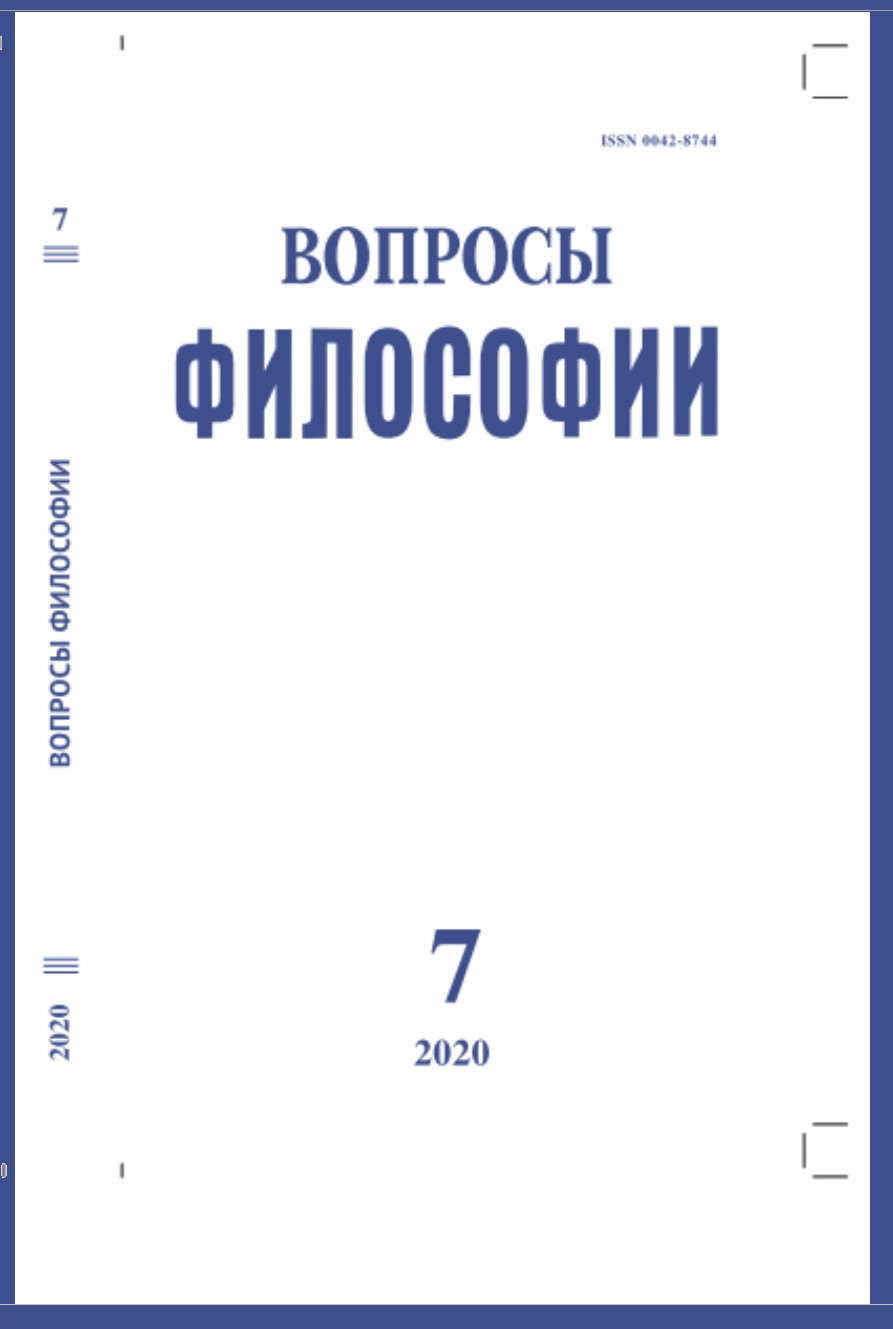Politics of Memory and Trauma to Collective Memory Under Securitization Conditions
DOI:
https://doi.org/10.21146/0042-8744-2020-7-30-34Keywords:
collective memory, trauma to collective memory, politics of memory, dichotomy of “own/alien”, Central Asia.Abstract
The article is devoted to the inclusion of the politics of memory in a wider range of national security problems, which is determined by the phenomenon of securitization. The author raises the question of the methodological limitations of the research of collective memory; in addition, the article emphasizes the difficulty of transferring the categorial apparatus of research in the characteristics of individual memory into the corresponding area of research of collective memory. The relevance of using such a category as a “collective memory trauma” is noted, and the idea that “collective memory trauma” can be understood as various manifestations of the processes of constituting a new space in the context of the “own or alien” dichotomy is shown. Based on modern research, the author emphasizes that the position of the post-Soviet space of Central Asia is of particular interest in this context. Thanks to the historical-philosophical and political science perspective, it is possible to consider it in the form of a large-scale space of identity crises, formed as a result of multilayer injuries of collective memory and attempts to work with them both from the Central Asian national states and other countries. The author of this article also fixes the complexity of working with the theme of collective memory in the context of national and supranational narratives of Central Asian states

